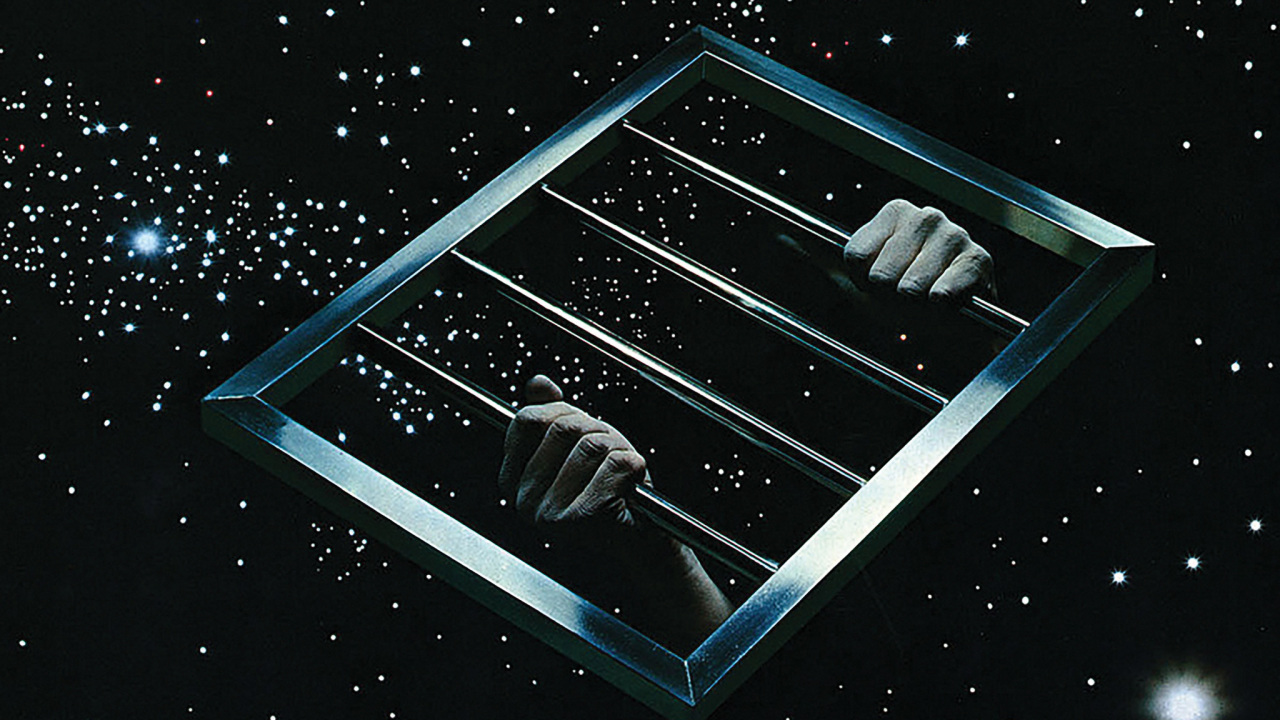As the 70s began, after two flop albums, Supertramp songwriters Roger Hodgson and Rick Davies recruited a new line-up and took off to a Somerset farm to - in time-honoured tradition - get their heads together in the country.
What they emerged with in ‘74, after honing dozens of songs down to eight, was one of the great protest albums.
It may have hidden its stabs against ‘The Man’ and antipathy towards ‘conventional society’ under a veneer of sweet, seductive, melodic art-pop, but from the opening cut School (‘Don’t do this and don’t do that’) to the grand finale (‘Who are these men of lust, greed and glory?’) it’s a deceptively robust rallying-call, with whiffs of both hippy idealism and pre-punk arson. In a closing twist that’s as effective and resonant as any movie’s, when we ‘rip off the masks’, those men are you and me.
Robert Christgau once described the work as ‘straight-ahead art-rock - Queen without the preening, Yes without the meter shifts’. And upon arrival, with Dreamer a curious hit, it did seem to dovetail with Sparks, Roxy Music, and other glamorous intelligentsia of the time, rather than anything more musically indulgent-exploratory. They’d consciously dialled down the prog and upped the songcraft. Crucially, its pop strokes are fused with clever little subversions. The train and station ambient sounds in Rudy; the brilliant, brief scream as School races in. Accessible yet cinematic, it remains one of the era’s most sumptuous productions, while its melancholy undertow still prompts the emotions.
Co-producer Ken Scott, the unsung genius who’d worked with Pink Floyd, The Beatles and Bowie, must take great credit. The pretty songs are given depth; the darker, vitriolic ones are granted light and shade. Hodgson and Davies were credited as co-writers throughout, though for example Hide In Your Shell is Hodgson’s, and the candid, keening Asylum is Davies’. With its recurring (faintly Orwellian) themes of indoctrination, identity and mental insecurity, the album works as a concept, even if vaguely. Its final flourish, with the fragile If Everyone Was Listening leading into the titular climax – and its almost overpowering sweep of pianos and sax – is one of the classic grandstanding moments, from the school of The Dark Side Of The Moon.
This righteous re-master adds a second disc featuring a spirited 1975 Hammersmith Odeon live show, mixed by Scott himself, with the band playing Crime plus previews of Crisis? What Crisis? Time for this masterpiece to be appreciated again? Bloody well right.

